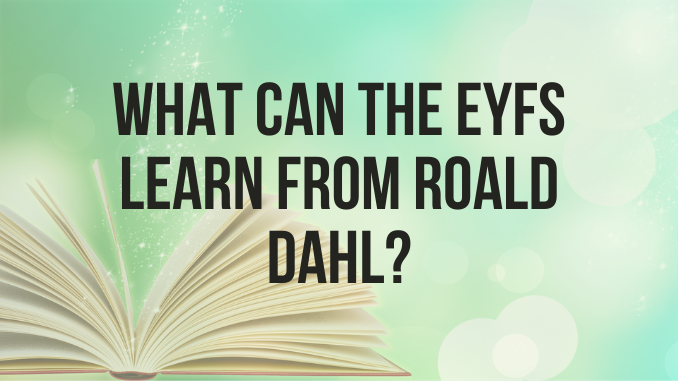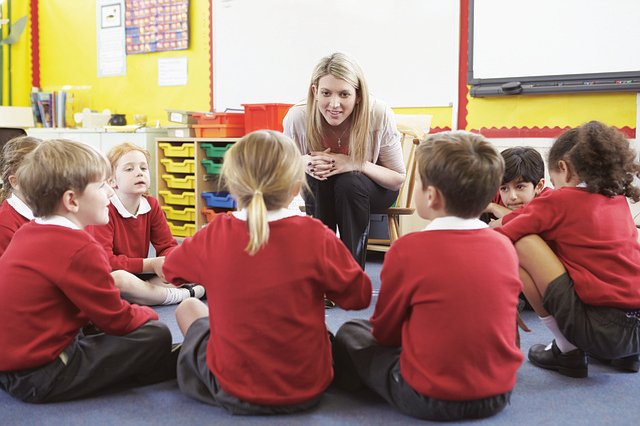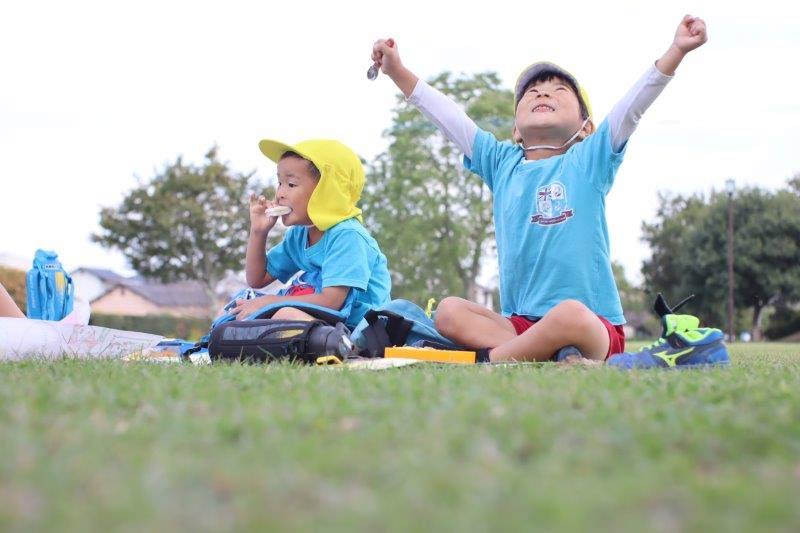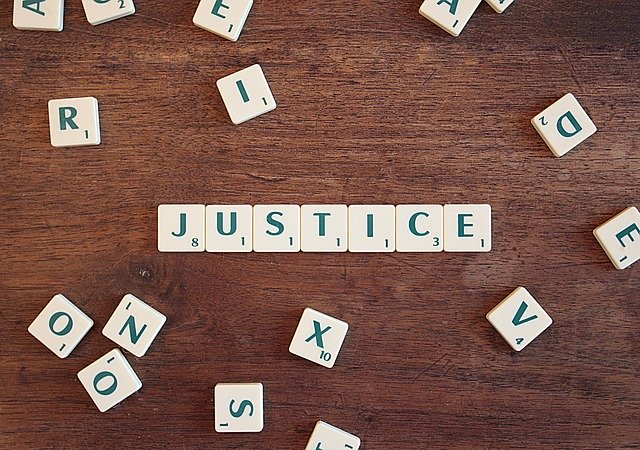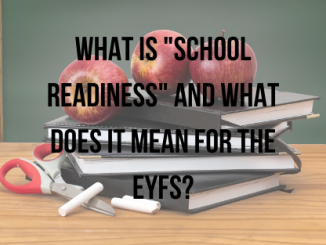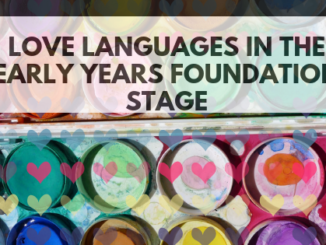Every September, Roald Dahl’s Stories are celebrated in many UK primary schools. Children enjoy dressing up as characters from their favourite story, listening to some of Roald Dahl’s books and completing special work and activities based around these stories. Dahl’s stories are often described as national treasures and have an enduring appeal and although they are not aimed at children in the Early Years Foundation Stage there are plenty of lessons that practitioners can take from Roald Dahl’s stories.
Who was Roald Dahl?

Roald Dahl has been described as “one of the greatest storytellers for children of the 20th century”. He was born in Wales to Norwegian immigrant parents in 1916 and served in the Royal Air Force during World War 2. In the 1940s Roald Dahl’s writing became well-known and he subsequently became one of the world’s best-selling authors.
Although Dahl wrote for both adults and children he is best known for his children’s books, which include; Charlie and the Chocolate Factory, Matilda, The BFG and Fantastic Mr Fox.
What are his books like?
Roald Dahl’s stories are very imaginative and contain lots of opposite elements. For example, whilst the stories are often funny and warm there is usually a deeper, darker underlying theme. There is a strong sense of justice and comeuppance evident throughout Dahl’s writings too with good being shown to overcome evil in the end.
What can the EYFS learn from Roald Dahl?
Roald Dahl’s stories are aimed at children older than those in the Early Years Foundation Stage but this is not to say that children in these years will not enjoy these stories, and adults working in the EYFS can draw much inspiration from Dahl’s books and take this into their work with EYFS children. Here are some of the ways that we can be inspired by Roald Dahl’s writing in the EYFS;
Storytelling
Roald Dahl was an amazing storyteller and we need stories in the EYFS! Stories are fundamental to human life and children and adults alike are universally attracted to stories of others. Stories have the power to suspend our particularly circumstances in life and give us a broader view of the world. They are vital for all children, and especially so in their early years where stories not only entertain but also help children to develop empathy, extend vocabulary, increase social awareness, and develop imagination.
Championing children
Dahl’s children’s works are usually told from the point of view of a child. They typically involve adult villains who mistreat children, but then also feature at least one “good” adult to counteract the villain(s). EYFS staff should aim to be those “good” adults, who stand up for children and their rights and champion children. As well as best practice within the classroom staff in the EYFS should be concerned with advocacy for children.
Valuing imagination

Roald Dahl regularly encouraged his own children and his readers to let their imagination run free. His daughter Lucy said “his spirit was so large and so big he taught us to believe in magic.” as those working in the Early years Foundation Stage it is our job to encourage the development and exercise of imagination in children.
Experimenting with language
Dahl was also famous for his inventive, playful use of language, this is a key element to much of his writing and stories and he often invented new words swapping letters, using malapropism and spoonerisms liberally, and employing onomatopoeia widely.
Roald Dahl’s words were often built on familiar ones so that he didn’t need to explain what they meant; it’s easy for us to know that something delumptious is tasty and something uckyslush is not! Using sounds that children love to say Dahl invented words like wizzpop, fizzlecrump, lickswishy, biffsquiggled and jumpsy.
As children learn to talk and experiment with language, they often invent their own words too, and often adults are quick to correct them. Whilst it is important that children learn the correct vocabulary it is just as important that they learn to love expressive, experimental language. Through experimenting with language children become both creative and articulate.
Exploring justice
Dahl’s stories often explore ideas about morality and justice, and offer an interesting way to explore these themes. For example, Charlie and the Chocolate factory, which has conservatively sold over 20 million copies worldwide and is available in 55 languages, features children who have a variety of moral issues; Augustus Gloop is a glutton, and Verruca Salt is horribly spoiled and ungrateful. In the end though, the good child, Charlie, gets the prize. Young children often have a very strong sense of justice and these stories play into that as well as helping them to explore the concept of justice further.
So, we can see that there is plenty that we can learn from Roald Dahl’s stories which can inspire us in our work with babies, toddlers and young children. Perhaps the greatest lesson is the importance of revisiting our own childhoods and remembering the vital role of imagination throughout our learning and play. Stories touch the very heart of what it is to be human, and Roald Dahl’s stories have become so treasured because they specifically evoke feelings about what it is to be a child.

